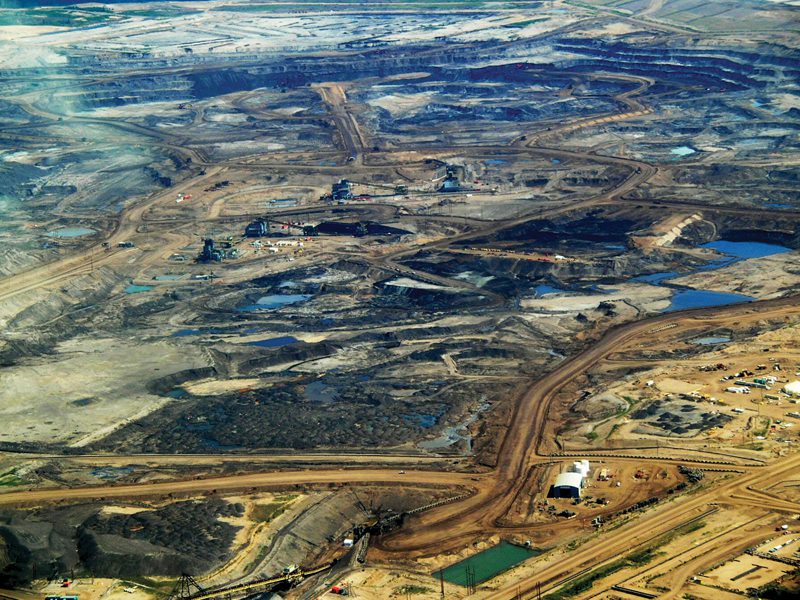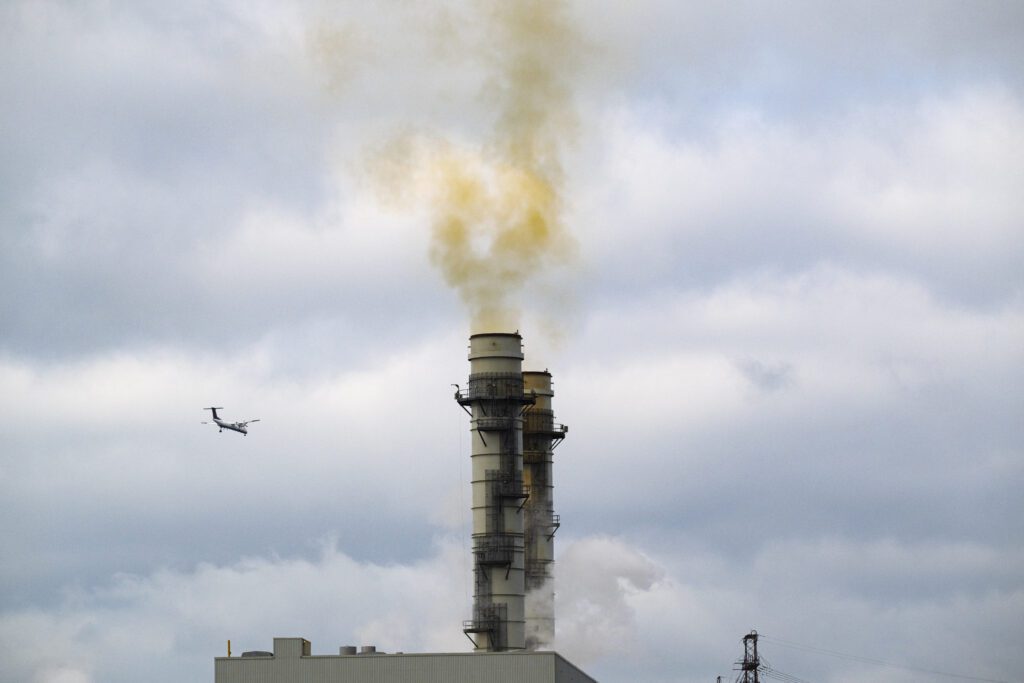“We can’t shut down the oil sands tomorrow. We need to phase them out. We need to manage the transition off our dependence on fossil fuels.”
These are the words Prime Minister Justin Trudeau used last week as he answered a question at a town hall meeting in Peterborough, Ontario.

While the usual suspects responded with predictable outrage, the Prime Minister was simply stating something that’s becoming increasingly clear: To avoid dangerous and irreversible climate change, Canada and the world must move from away coal, oil and gas and embrace a clean energy future.
Experts say that the vast majority of recoverable fossil fuel reserves must stay in the ground to avoid the worst effects of global warming. To deal with climate change, we must completely phase out the use of fossil fuels, and that would include shutting down the tar sands.
Prime Minister Trudeau’s comments sparked outrage, but the pledge to get Canada off fossil fuels is not actually new. The previous federal government committed Canada to complete decarbonisation by 2100.
That timeline has now been superseded by the Paris climate agreement, which the federal government has ratified. Canada, along with 193 other countries, will strive to limit global warming to less than 1.5 degrees Celsius. The Paris agreement requires global action to cut carbon pollution at a rate of three to five per cent per year. Global demand for and supply of fossil fuels must gradually decrease in order to meet the 1.5 degree target.
Accordingly, the federal government adopted climate targets to cut carbon pollution by 30 per cent by 2030 and 80 per cent by 2050. And the Pan-Canadian Framework on Clean Growth and Climate Change lays out a high-level blueprint, although insufficient, to meet those targets.
The Prime Minister’s comments simply put in very clear terms what Canada and the world have already agreed to. There is no place for the tar sands in a decarbonized world, and emissions from Canada’s oil and gas sector must be ratcheted down to zero over time.
To clarify, though, none of Canada’s main environmental groups, including Environmental Defence, is calling for the tar sands to be shut down tomorrow. We understand that people are employed in that sector, and that the tar sands are important to Alberta’s economy. That’s why we’re calling for a managed transition.
Because if Canada is serious about its commitments to tackle climate change, then it necessarily requires a managed decline of the tar sands, the country’s largest and fastest growing source of carbon pollution.
Alberta has already taken a big step in the right direction by legislating a 100 megatonne cap on emissions from the tar sands. The federal government should support the cap by, for example, ensuring that new fossil fuel infrastructure, such as pipelines, does not enable tar sands expansion beyond that cap. The government should also put in place a climate test that ensures energy projects fit within Canada’s climate targets.
The Prime Minister should be commended for so plainly spelling out the need to phase out the tar sands. But now it’s time to turn those words into action.
The federal government must get serious about a managed decline of the tar sands. And it needs to explain how Canada’s going to do it. It can start by stopping new pipeline construction, phasing out fossil fuel subsidies, and fixing the environmental review process to ensure energy projects are consistent with climate targets.
You can help. Tell the federal government to reject the risky Energy East pipeline.







